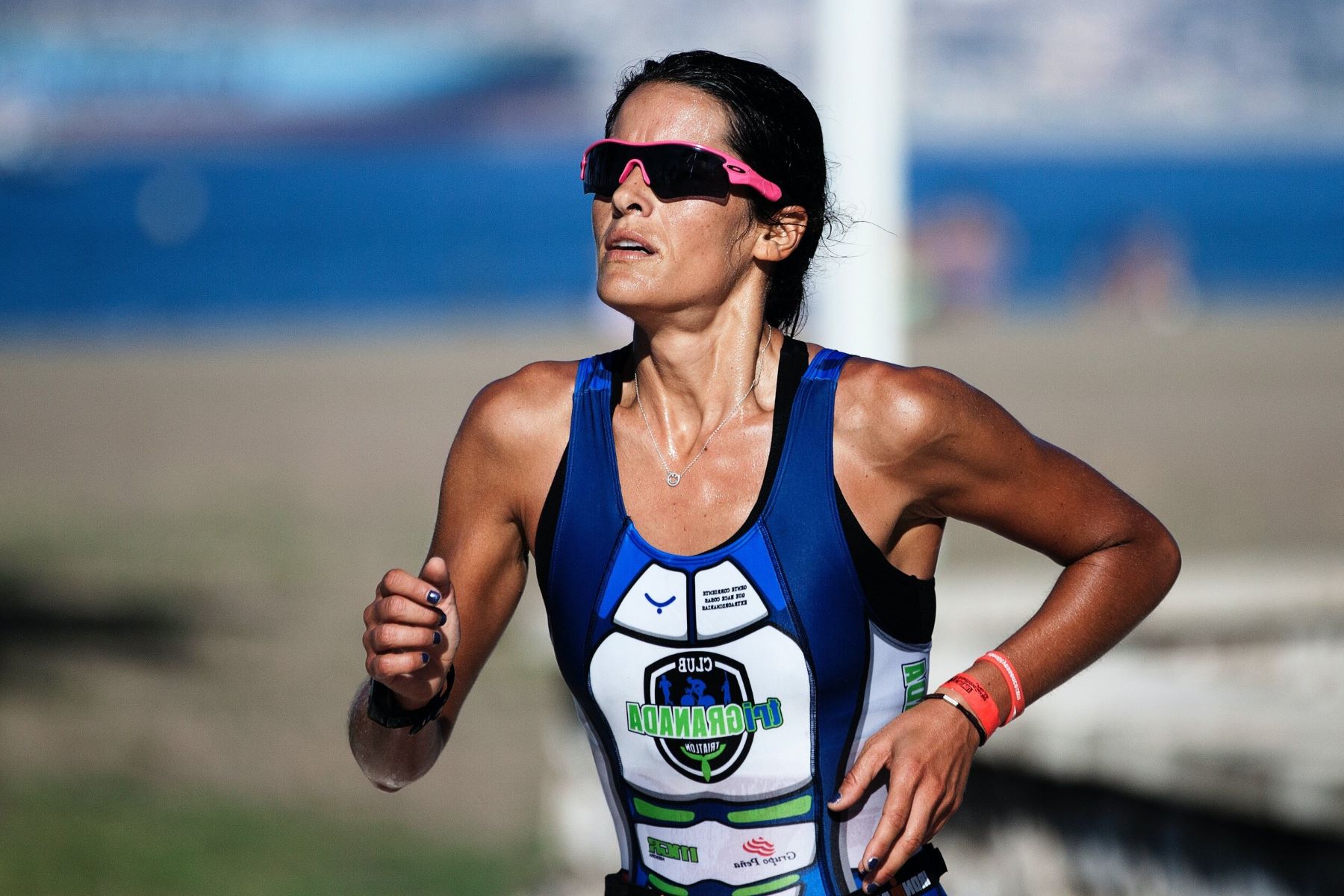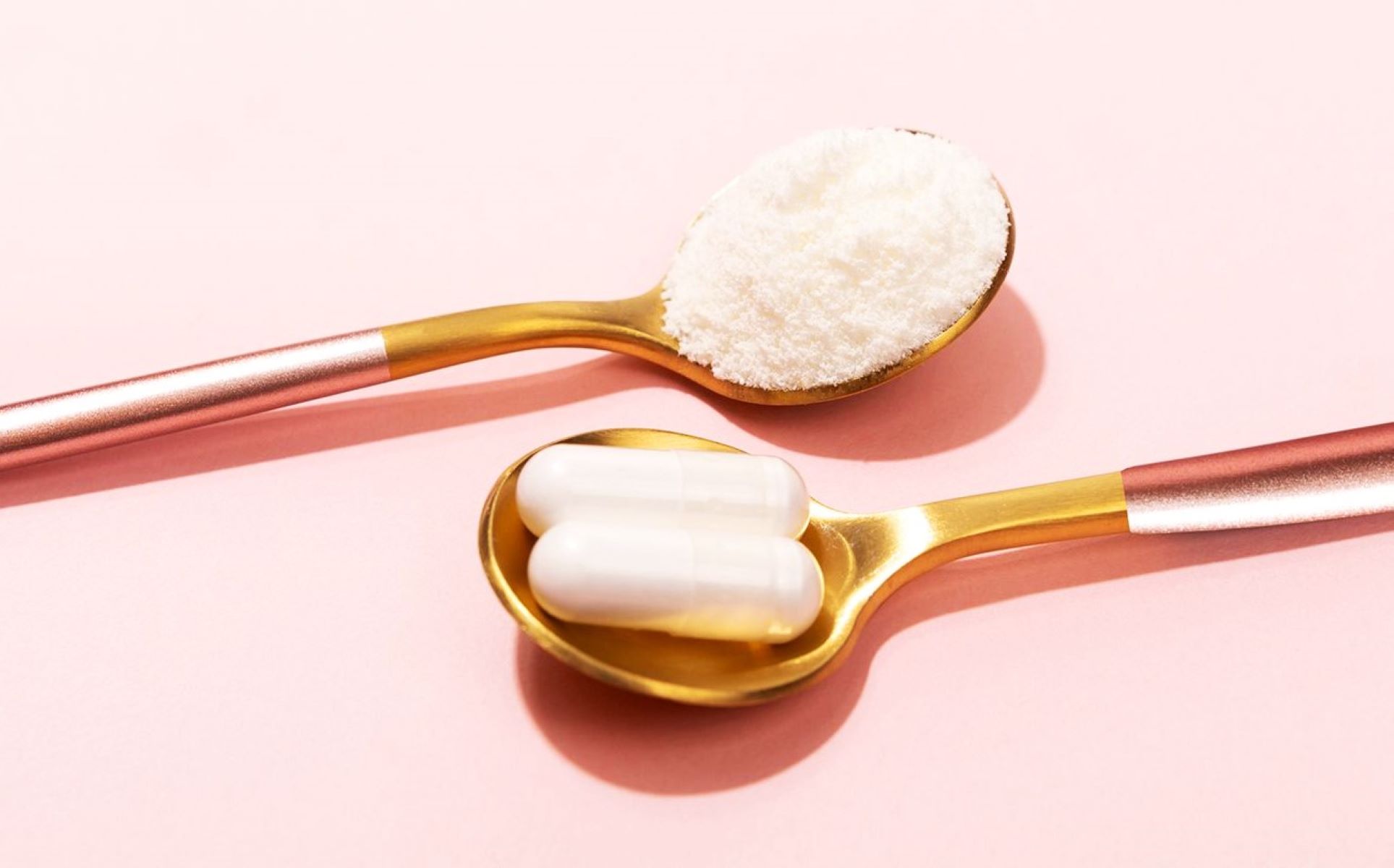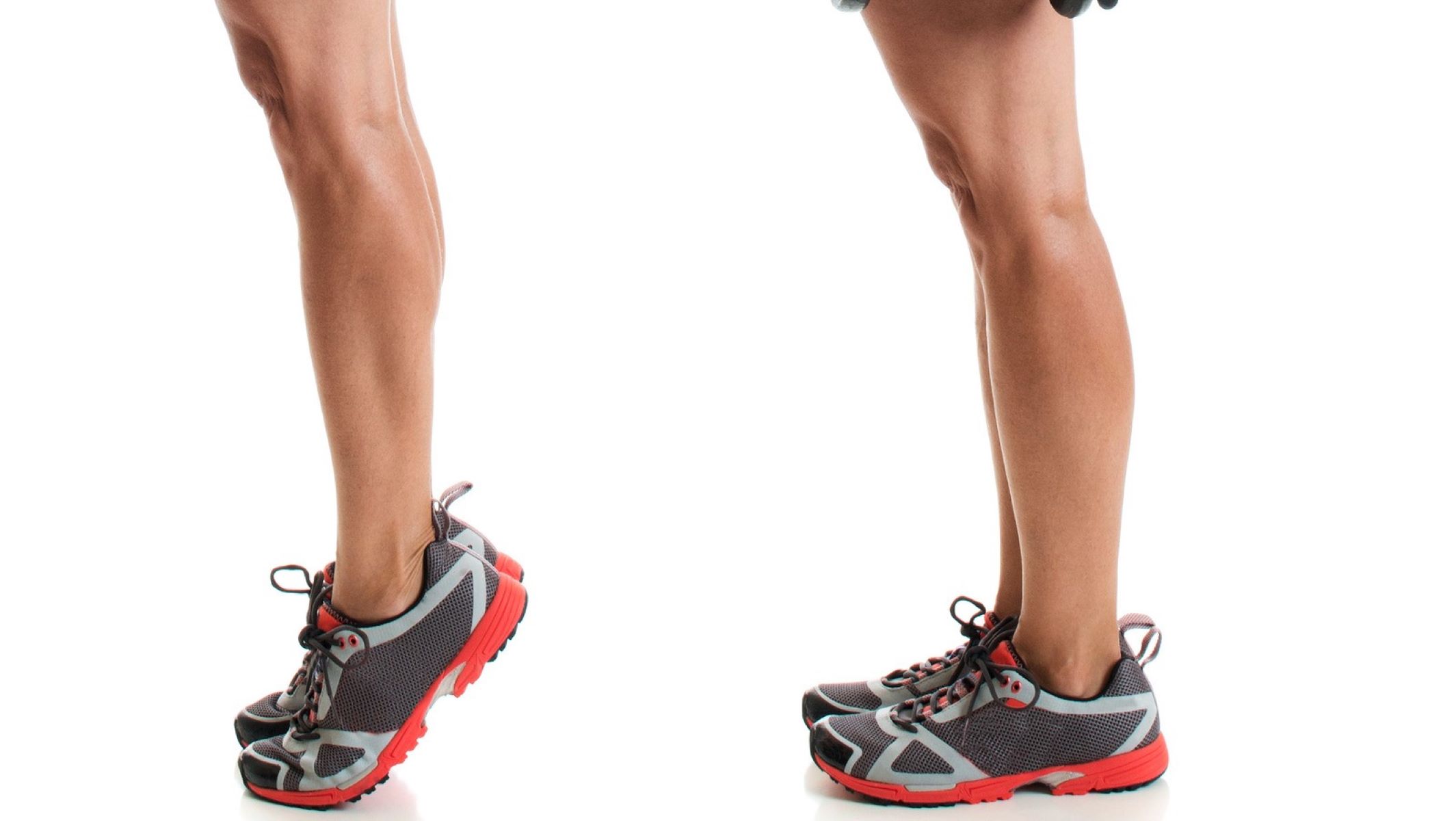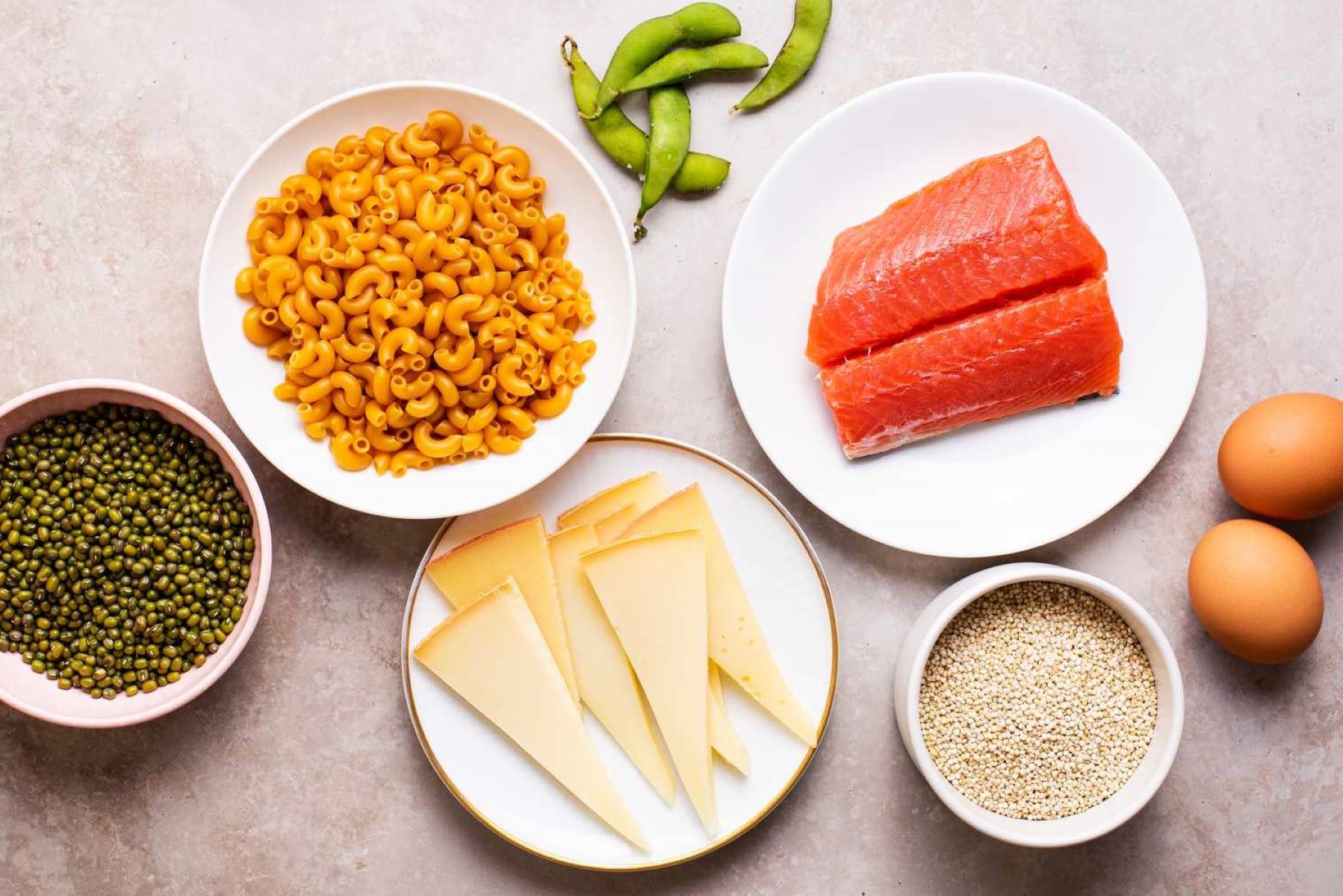Home>Health & Nutrition>How Can A Vegan Diet Improve Running Performance?
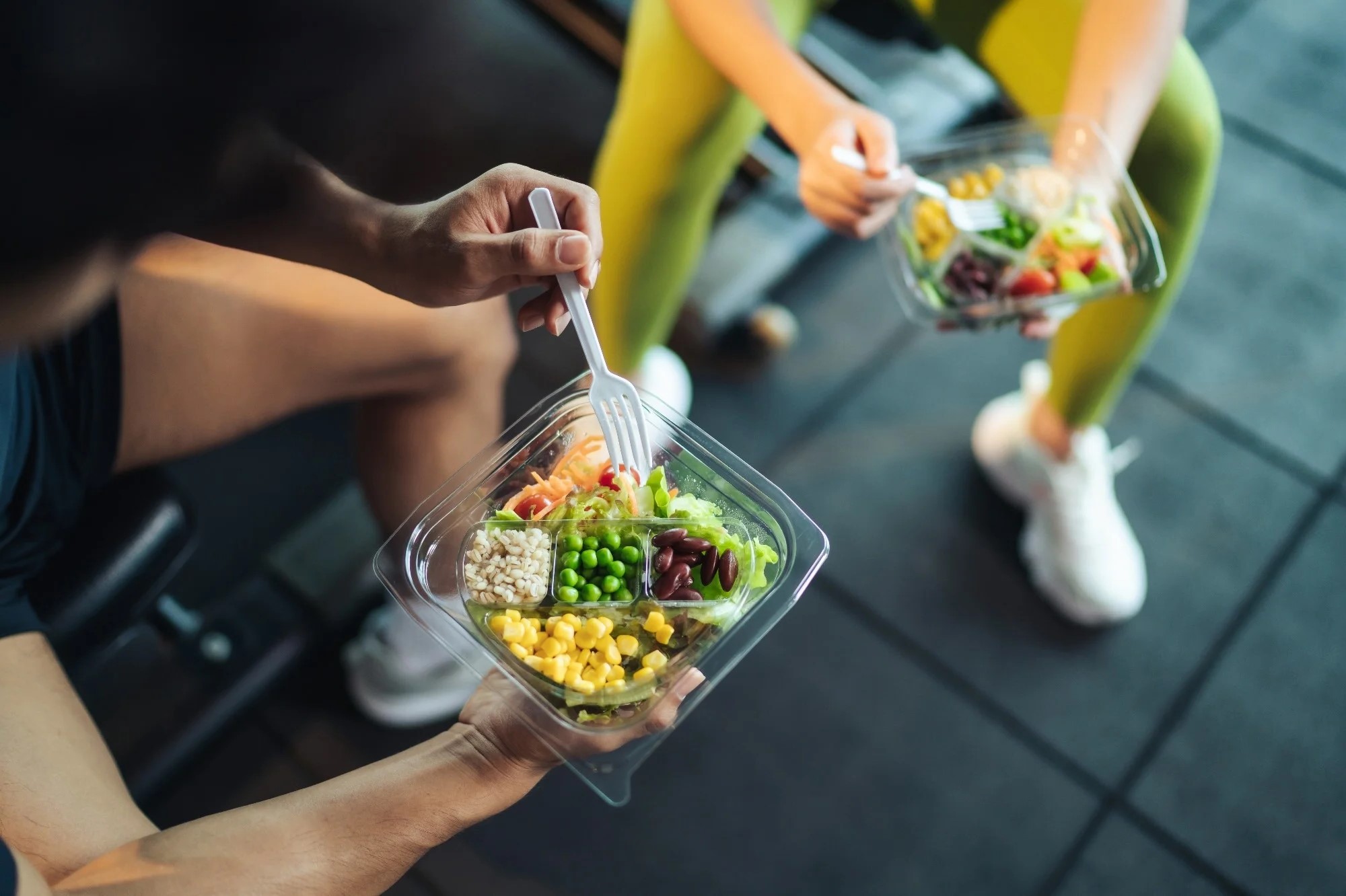

Health & Nutrition
How Can A Vegan Diet Improve Running Performance?
Published: February 22, 2024
Discover the impact of a vegan diet on running performance and overall health. Learn how nutrition plays a crucial role in optimizing your athletic abilities. #Health #Nutrition #VeganDiet #RunningPerformance
(Many of the links in this article redirect to a specific reviewed product. Your purchase of these products through affiliate links helps to generate commission for Therunningadvisor.com, at no extra cost. Learn more)
Table of Contents
The Benefits of a Vegan Diet for Runners
A vegan diet, which excludes all animal products, has gained popularity among runners for its potential to enhance performance and overall health. Here are the key benefits of adopting a vegan diet for runners:
-
Improved Heart Health: A well-planned vegan diet is naturally low in saturated fats and cholesterol, which are commonly found in animal products. By prioritizing plant-based foods, runners can reduce their risk of heart disease and maintain a healthy cardiovascular system.
-
Enhanced Weight Management: Plant-based diets are typically rich in fiber and low in calorie-dense foods. For runners, this can support weight management and promote a healthy body composition, potentially leading to improved running performance.
-
Optimized Nutrient Intake: Vegan diets emphasize a wide variety of fruits, vegetables, whole grains, nuts, seeds, and legumes, providing essential nutrients such as vitamins, minerals, and antioxidants. These nutrients are crucial for supporting overall health and aiding in recovery after intense training sessions.
-
Reduced Inflammation: The abundance of anti-inflammatory compounds found in plant-based foods can help reduce exercise-induced inflammation, potentially leading to faster recovery and reduced muscle soreness for runners.
-
Improved Digestive Health: The high fiber content in plant-based foods supports a healthy digestive system, reducing the likelihood of gastrointestinal distress during training and racing.
-
Environmental Impact: Many runners choose a vegan diet for ethical and environmental reasons. By eliminating animal products from their diet, they can reduce their carbon footprint and contribute to sustainable food practices.
Incorporating a vegan diet into a running lifestyle requires careful planning to ensure adequate intake of essential nutrients such as protein, iron, calcium, vitamin B12, and omega-3 fatty acids. With proper attention to these nutritional needs, runners can experience the numerous benefits of a well-balanced vegan diet, potentially leading to improved running performance and overall well-being.
Read more: How The Paleo Diet Can Benefit Runners
Nutritional Considerations for Vegan Runners
When transitioning to a vegan diet, runners need to pay special attention to their nutritional intake to ensure they meet their energy and nutrient requirements for optimal performance and recovery. Here are essential nutritional considerations for vegan runners:
Protein Intake
Protein is crucial for muscle repair and growth, making it a vital component of a runner's diet. While animal products are common sources of protein, vegan runners can obtain this essential nutrient from plant-based sources such as lentils, chickpeas, tofu, tempeh, quinoa, and edamame. Including a variety of these protein-rich foods in meals and snacks can help vegan runners meet their protein needs.
Iron and Vitamin C
Iron is essential for oxygen transport and energy production, making it critical for endurance athletes like runners. Plant-based sources of iron include spinach, lentils, tofu, and pumpkin seeds. To enhance iron absorption, vegan runners should consume iron-rich foods alongside sources of vitamin C, such as citrus fruits, bell peppers, and strawberries.
Calcium and Vitamin D
Maintaining strong bones is essential for runners to prevent injuries. While dairy products are common sources of calcium, vegan runners can obtain this mineral from fortified plant-based milk, tofu, kale, and almonds. Additionally, adequate vitamin D intake is crucial for calcium absorption and bone health. Vegan sources of vitamin D include fortified plant-based milk and exposure to sunlight.
Omega-3 Fatty Acids
Omega-3 fatty acids play a role in reducing inflammation and supporting cardiovascular health, which is beneficial for runners. Vegan sources of omega-3s include flaxseeds, chia seeds, hemp seeds, walnuts, and algae-based supplements. Including these foods in the diet can help vegan runners maintain optimal omega-3 levels.
Vitamin B12
Vitamin B12 is essential for nerve function and the formation of red blood cells. Since this vitamin is primarily found in animal products, vegan runners should consider fortified foods or supplements to ensure adequate B12 intake. Fortified plant-based milk, nutritional yeast, and B12 supplements are common sources for vegan individuals.
By being mindful of these nutritional considerations and incorporating a diverse array of plant-based foods, vegan runners can meet their energy and nutrient needs to support their running performance and overall health. Additionally, consulting with a registered dietitian specializing in vegan nutrition can provide personalized guidance to optimize nutrient intake for vegan runners.
How a Vegan Diet Can Improve Endurance and Recovery
A well-planned vegan diet can significantly enhance endurance and expedite recovery for runners. The abundant array of plant-based foods offers numerous benefits that directly contribute to improved athletic performance and post-exercise recuperation.
Enhanced Nutrient Density
Vegan diets, when properly balanced, are rich in essential nutrients such as complex carbohydrates, fiber, vitamins, minerals, and antioxidants. These nutrients play a pivotal role in sustaining energy levels, supporting cardiovascular health, and bolstering the body's natural defense mechanisms. By fueling the body with nutrient-dense plant foods, vegan runners can experience sustained energy levels throughout their training sessions and races, ultimately enhancing their endurance.
Reduced Inflammation
Inflammation is a natural response to intense physical activity, often leading to muscle soreness and prolonged recovery periods. However, the anti-inflammatory properties of many plant-based foods can mitigate exercise-induced inflammation, potentially expediting the recovery process for vegan runners. Foods such as berries, leafy greens, nuts, and seeds are rich in antioxidants and phytonutrients, which can help reduce inflammation and promote faster muscle recovery.
Improved Gut Health
The high fiber content in plant-based foods supports a healthy digestive system, reducing the likelihood of gastrointestinal distress during training and racing. A well-functioning gut is essential for nutrient absorption and overall well-being, allowing vegan runners to maintain optimal digestive health, which is crucial for endurance and recovery.
Optimal Hydration
Many plant-based foods, such as fruits and vegetables, have high water content, contributing to hydration and electrolyte balance. Proper hydration is essential for endurance and recovery, as it supports cardiovascular function, temperature regulation, and nutrient transport. By consuming hydrating plant foods, vegan runners can maintain optimal fluid balance, which is vital for sustained performance and efficient recovery.
Accelerated Muscle Repair
Plant-based foods rich in protein, such as legumes, tofu, and quinoa, provide the necessary building blocks for muscle repair and recovery. The amino acids found in these plant-based protein sources support the regeneration of muscle tissue, potentially accelerating the recovery process for vegan runners after intense training sessions or races.
By embracing a well-structured vegan diet that prioritizes nutrient-dense plant foods, runners can harness the benefits of improved endurance and accelerated recovery, ultimately enhancing their overall athletic performance. The strategic integration of plant-based nutrition into a runner's lifestyle can serve as a powerful tool for achieving peak physical condition and maximizing running potential.
Read more: How Can My Diet Help Alleviate PMS Symptoms?
Tips for Incorporating a Vegan Diet into Your Running Routine
Transitioning to a vegan diet while maintaining a rigorous running routine requires thoughtful planning and strategic implementation. Here are valuable tips to seamlessly integrate a vegan diet into your running lifestyle:
-
Gradual Transition: Instead of making an abrupt shift, consider gradually incorporating more plant-based meals into your diet. Start by designating specific days of the week for vegan meals and gradually increase the frequency as you explore new recipes and food options.
-
Diverse Protein Sources: Explore a wide variety of plant-based protein sources to ensure adequate intake. Incorporate foods such as lentils, chickpeas, tofu, tempeh, quinoa, and edamame into your meals to meet your protein requirements for muscle repair and recovery.
-
Strategic Meal Planning: Plan your meals in advance to ensure a well-balanced and nutrient-dense vegan diet. Prioritize a colorful array of fruits, vegetables, whole grains, and legumes to obtain essential vitamins, minerals, and antioxidants crucial for supporting your running performance.
-
Nutrient-Rich Snacks: Keep nutrient-rich vegan snacks readily available to fuel your runs and aid in post-run recovery. Nuts, seeds, fresh fruit, and homemade energy bars can serve as convenient and nourishing options to support your training sessions.
-
Hydration Focus: Emphasize hydrating plant foods such as water-rich fruits and vegetables to support optimal hydration. Additionally, consider incorporating plant-based sources of electrolytes, such as coconut water and natural fruit juices, to maintain electrolyte balance during intense workouts.
-
Supplementation Guidance: Consult with a healthcare professional or registered dietitian to determine if specific supplements, such as vitamin B12 or omega-3 fatty acids, are necessary to complement your vegan diet and support your running performance.
-
Experiment with Recipes: Explore and experiment with diverse vegan recipes to keep your meals exciting and satisfying. Engaging with plant-based cooking blogs, cookbooks, and online resources can inspire creativity and help you discover new favorite dishes.
-
Community Support: Engage with the vegan and running communities to seek support, share experiences, and exchange valuable tips and insights. Connecting with like-minded individuals can provide encouragement and a sense of camaraderie as you navigate the intersection of veganism and running.
By implementing these tips, you can seamlessly incorporate a vegan diet into your running routine, ensuring that your nutritional needs are met while optimizing your athletic performance and overall well-being.





